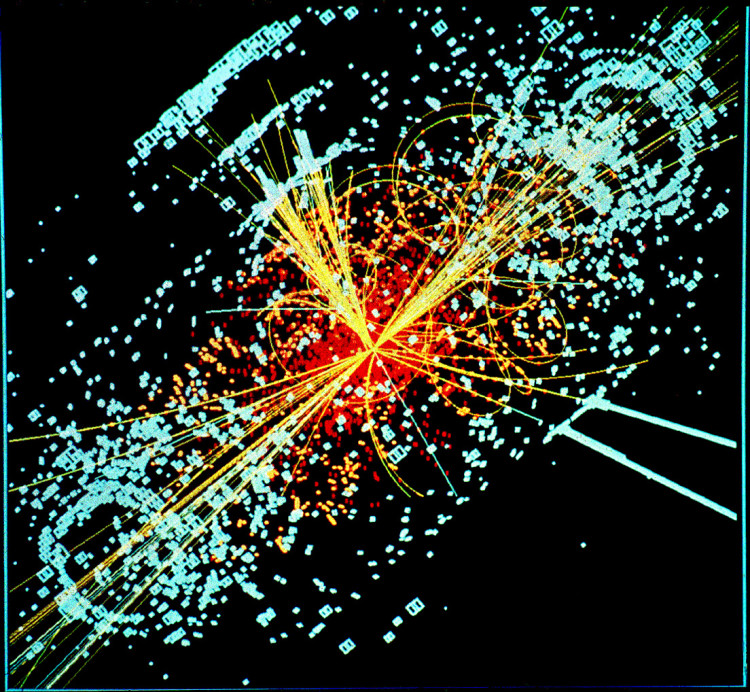Star Trek Economy and Life After the Dismal Science: Noah Smith

©2015 Bloomberg View
NSI9C36S972A
(Bloomberg View) — I grew up watching “Star Trek: The Next Generation” (easily the best of the Star Trek shows). There’s one big, obvious thing missing from the future society depicted in the program. No one is doing business. There is almost no one buying and selling, except for a few species for whom commerce is a form of traditional religion. Food and luxuries are free, provided by “replicators” — machines capable of creating essentially anything from pure energy. Recreation, provided by virtual reality, is infinite in scope. Scarcity — the central defining concept of economics — seems to have been eliminated.
Is this really the future? Is it possible? Is it something we want? Periodically, economists and economics writers struggle with this question. Back in 2013, Rick Webb and Matt Yglesias theorized that as society gets richer and richer, capitalism and free markets will still exist, but will simply recede into the background. Others have described Star Trek not as a socialist paradise, but as a libertarian one. A writer named Manu Saadia is even writing a book about the topic.
So let’s think about the economics of Star Trek. What we’re really thinking about is how to get to economic utopia. It’s an important question.
The first thing to consider is how to distribute the fruits of plenty. If we can harness renewable energy to ward off a collapse when fossil fuels run out, then it’s a good bet that increased automation, virtual reality and other technological advances will provide us with a world of plenty unimaginable in previous times. Current U.S. annual gross domestic product per capita, in purchasing power parity terms, is only about $13,000- – enough to put food on the table and a roof over one’s head. What happens when it is $100,000, or $200,000?
It would seem ridiculous to limit this incredible plenty to a few people. When the world gets rich enough, a trivial tax on the rich would be enough to provide everyone on Earth with a basic income that would allow them to lead lives of leisure. Or, as Yglesias suggests, voluntary giveaways by the rich could support the rest, since we might get more altruistic as our lives become more comfortable. Who cares if the robots put us all out of a job, when we can create paradise with just a tiny dash of redistribution?
Of course, this depends crucially on the number of humans being limited. As economist Thomas Malthus pointed out in the 19th century, exponential population growth will eventually bring back scarcity no matter how rich we are. Fortunately, it looks like that won’t be a problem — global fertility rates are converging to replacement level, meaning that world population will level off. It is unlikely that a population bomb will threaten the leisure society.
There is also the problem of the dignity of work — people enjoy feeling needed. But human values change over time, and there seems no obvious reason why people couldn’t get their self-worth from artistic self-expression, or from hobbies.
This is the basic Star Trek future. But actually, I think that the future has a far more radical transformation in store for us. I predict that technological advances will actually end economics as we know it, and destroy scarcity, by changing the nature of human desire.
In economics, a core assumption is that desires and motivations are fixed, and that our actions are merely attempts to fulfill those desires — that, to quote 18th century Scottish philosopher David Hume, “reason is…only the slave of the passions.” But desires and motivations come from the brain, and the brain can be hacked and modified with technology. Someday — perhaps sooner than we think– we will be able to change what we want. Reason will no longer be the slave of the passions; instead, the two will do an eternal, elaborate dance, as we constantly decide what kind of people we want to be.
That will have huge ramifications for human society. Some people will doubtless choose to simply be satisfied and happy all the time, like MDMA (“Molly”) users but with no risk of drug tolerance or addiction. But these people won’t be the ones who choose to be productive. The people out there exploring the stars — the people on the bridge of the starship Enterprise — will be the ones who want to be explorers, who choose to be restless and never satisfied. If they are not born with the requisite motivation, they will use advanced technology to implant it in themselves.
In other words, the rise of new technology means that all the economic questions will change. Instead of a world defined by scarcity, we will live in a world defined by self-expression. We will be able to decide the kind of people that we want to be, and the kind of lives we want to live, instead of having the world decide for us. The Star Trek utopia will free us from the fetters of the dismal science.
This column does not necessarily reflect the opinion of the editorial board or Bloomberg LP and its owners.
To contact the author on this story: Noah Smith at nsmith150@bloomberg.net To contact the editor on this story: James Greiff at jgreiff@bloomberg.net
For more columns from Bloomberg View, visit http://www.bloomberg.com/view



No Comment